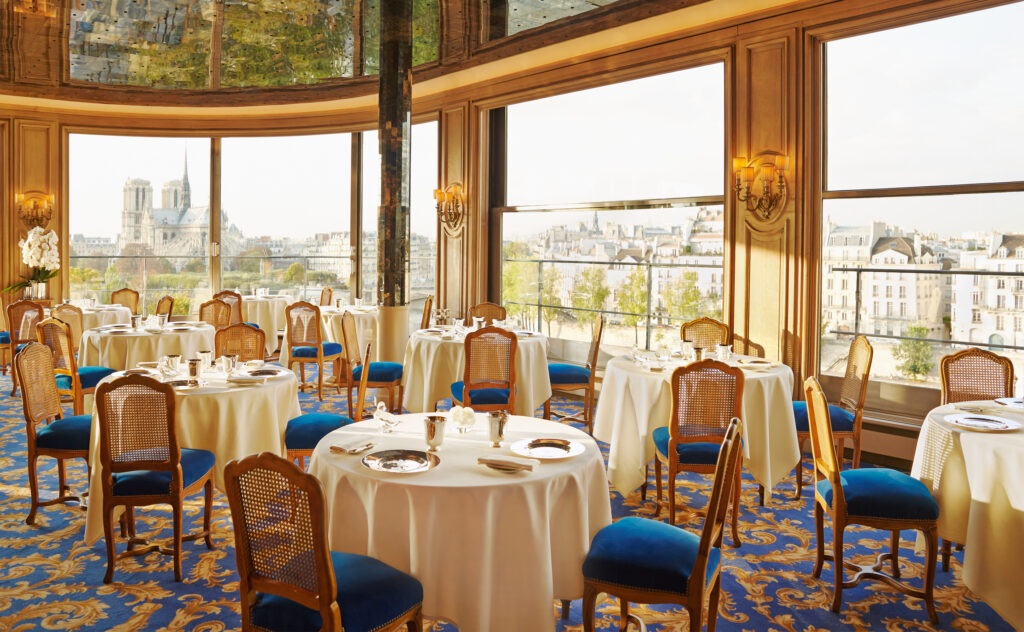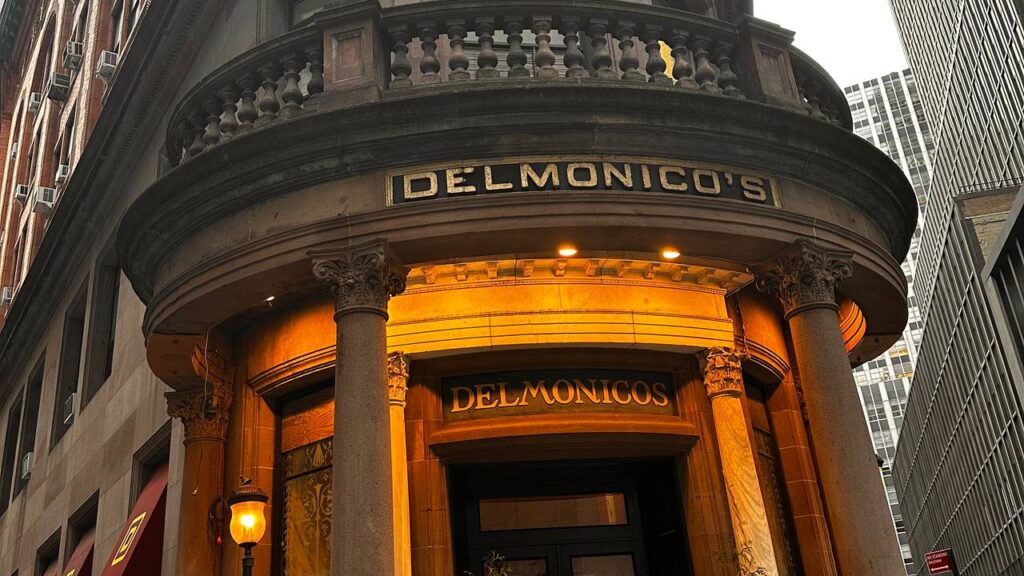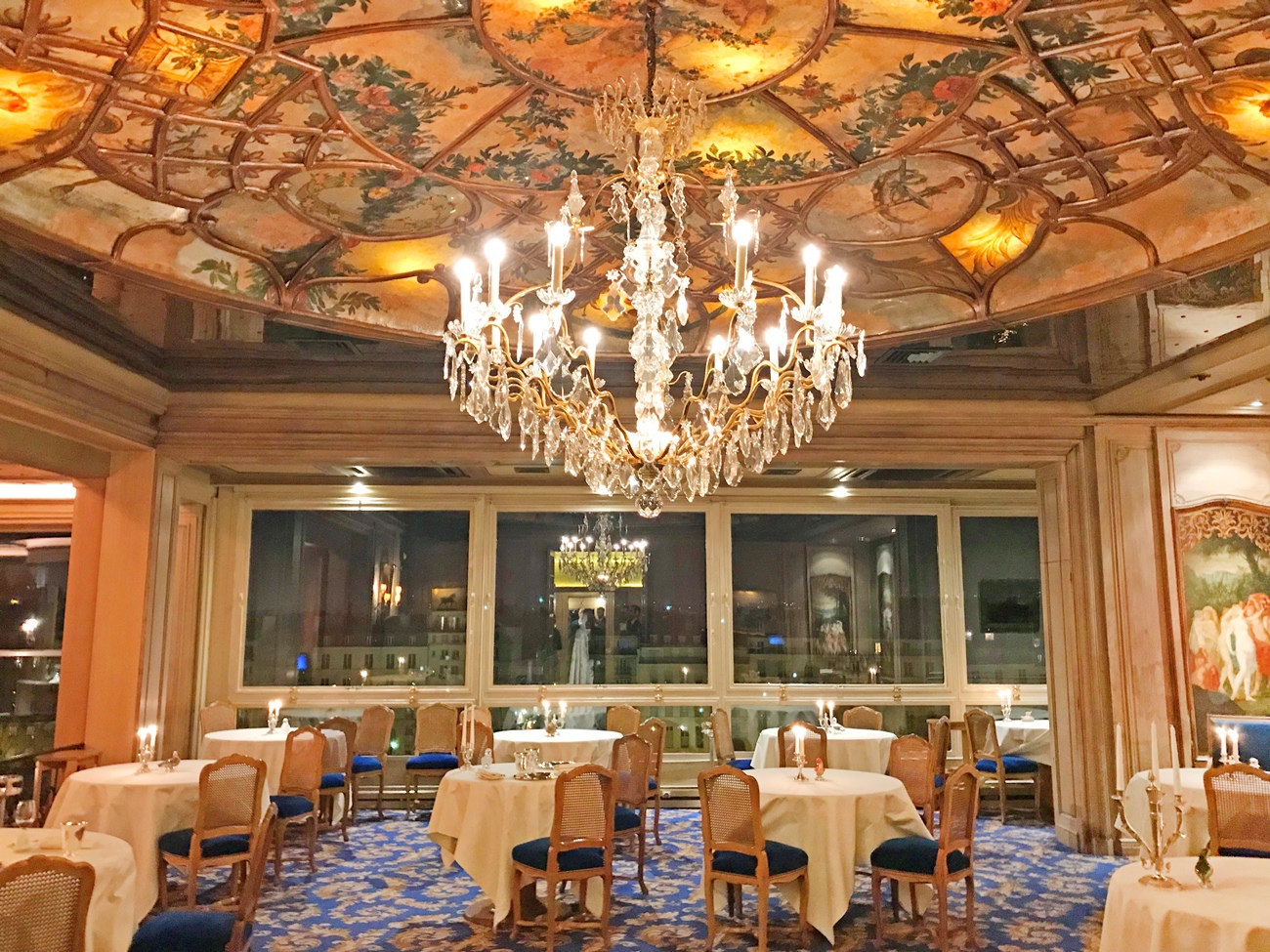We frequently overlook the lengthy history that influenced fine dining when we consider its elegance, accuracy, and craftsmanship today. In addition to serving delicious food, some of the most famous restaurants in the world revolutionized the way we enjoy food and established the benchmarks for fine dining as it is known throughout the world.
La Tour d’Argent, a Parisian restaurant founded in 1582, was one of the first pioneers of gourmet dining. A humble inn at first, it rose to fame for its opulent dining experience and refined French techniques. For generations, pressed duck, their hallmark meal, has been served to celebrities, aristocracy, and foodies. Every piece of food at La Tour d’Argent has the weight of culinary history, making dining there feel like traveling back in time. It serves as a reminder of how French food came to represent sophistication and elegance.

The earliest fine dining establishment in America, Delmonico’s, opened its doors in 1837 and is located in New York City in the 20th century. With the introduction of a la carte menus and dishes like Baked Alaska and Eggs Benedict, it completely changed the American dining scene. Delmonico’s was more than simply a restaurant; it was a trailblazer that demonstrated that upscale dining was not solely found in European cities.

Without El Bulli in Spain, the present era of exquisite dining would not be the same. Under the direction of chef Ferran Adrià, this eatery popularized molecular cuisine and revolutionized gastronomy in the latter half of the 20th century. Foods like olive spheres and foams were gastronomic experiments that questioned guests’ preconceptions; they weren’t just food. Despite closing in 2011, El Bulli’s influence may still be seen in contemporary kitchens all around the world.
Next is Copenhagen’s Noma, which became a global sensation in the 2000s because to its emphasis on seasonal, hyper-local Nordic cuisine. In addition to popularizing Scandinavian food, Chef René Redzepi’s concept encouraged chefs worldwide to rediscover their own environments.
These eateries did more than just provide food; they also defied customs, recounted tales, and started movements. Their history serves as a reminder that innovative and culturally impactful fine dining is just as important as delicious food. The next time you savor a carefully presented meal, keep in mind the trailblazers who, one remarkable event at a time, altered the world’s culinary scene.

